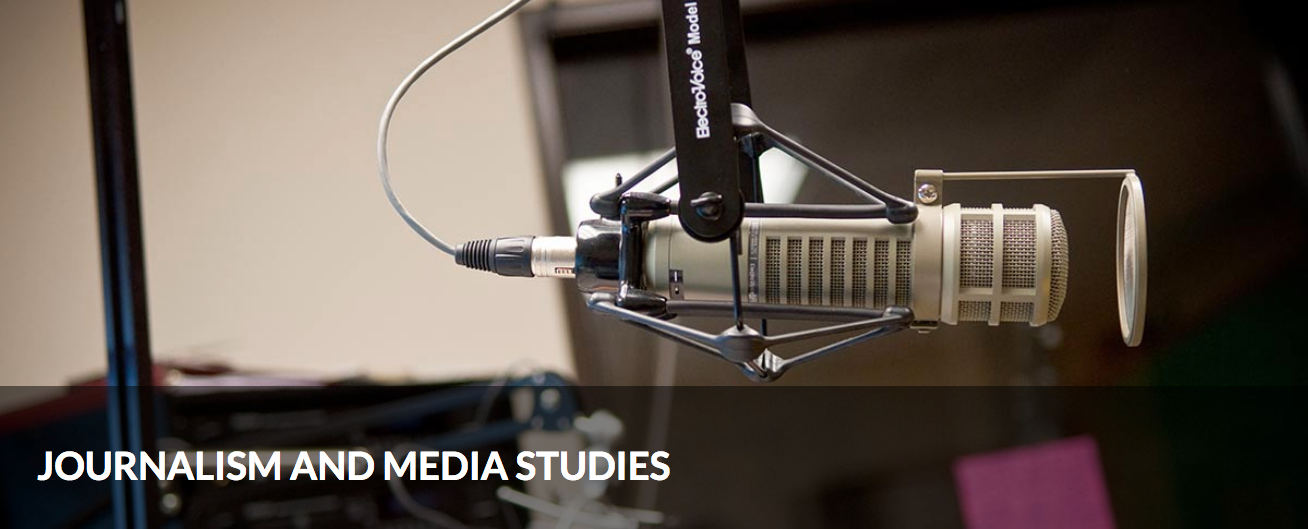
Faculty Publications
Publication Date
2018
Disciplines
Communication Technology and New Media | Journalism Studies | Mass Communication | Publishing
Abstract
Print magazines are unique among nonfiction media in their dedication of staff and resources to in-depth, word-by-word verification of stories. Over time, this practice has established magazines’ reputation for reliability, helped them retain loyal readers amid a glut of information sources, and protected them from litigation. But during the past decade, websites, mobile platforms, and social media have expanded the types of stories and other content that magazines provide readers. Doing so has shortened the time between the creation and dissemination of content, challenging and in some cases squeezing out fact-checkers’ participation. This study examines the procedures applied to stories in magazines and their non-print platforms, seeking to discern what decisions were made in response to the speed of digital publication, what effects these decisions have had, what lessons have been learned and what changes have been made over time. The results suggest that fact-checking practices for print content remain solidly in place at most magazines, if executed with diminished resources; however, magazine media are also exploring new processes to ensure accuracy and protect their reputations in an accelerated media environment.
Document Type
Accepted Version
Rights
This is an Accepted Manuscript of an article first published online by Taylor & Francis in Journalism Practice on April 4, 2017, available at: http://www.tandfonline.com/10.1080/17512786.2017.1307694.
Original Citation
Susan Currie Sivek & Sharon Bloyd-Peshkin
Where do facts matter? The digital paradox in magazines' fact-checking practices.
Journalism Practice, 2018, volume 12, issue 4, pages 400-421
doi:10.1080/17512786.2017.1307694
DigitalCommons@Linfield Citation
Sivek, Susan Currie and Bloyd-Peshkin, Sharon, "Where Do Facts Matter? The Digital Paradox in Magazines' Fact-Checking Practices" (2018). Faculty Publications. Accepted Version. Submission 18.
https://digitalcommons.linfield.edu/mscmfac_pubs/18
Included in
Communication Technology and New Media Commons, Journalism Studies Commons, Mass Communication Commons, Publishing Commons


Comments
This article is the author-created version that incorporates referee comments. It is the accepted-for-publication version. The content of this version may be identical to the published version (the version of record) save for value-added elements provided by the publisher (e.g., copy editing, layout changes, or branding consistent with the rest of the publication).